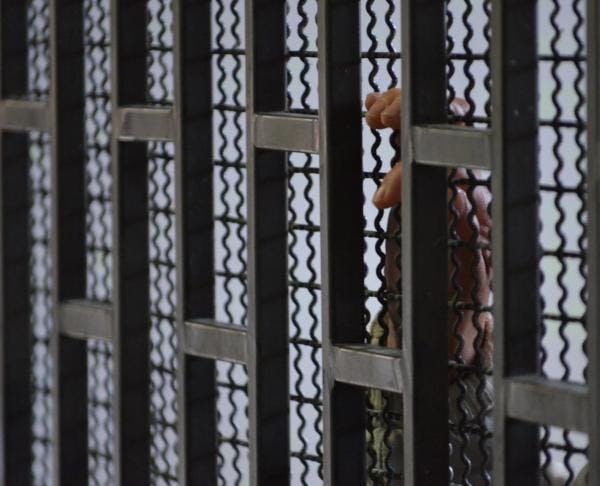“Leaving no one behind”? For women incarcerated for drug offences, there is no justice without reform.
By Catherine Alvarez
On November 25, we commemorate the International Day to Eliminate Violence Against Women, which this year takes place under the banner of “Leave No One Behind”. That such a day is taking place this year amidst controversies involving acts of sexual harassment and abuse by prominent male celebrities and other high-profile public figures speaks volumes of the continued, structural, oppression of women worldwide, thirty-six (36) years after the entry into force of the Convention on the Elimination of All Forms of Discrimination Against Women (CEDAW) in 1981.
While we can only laud the courage of the women speaking out against sexual violence, a large number of women remain invisible and extremely vulnerable to different forms of abuse – Among them, women incarcerated for drug-related offences.
Women make up a small percentage of the global prison population, but the number of women in prison are increasing and at a much faster rate than their male counterparts. Many women in prison are incarcerated for low-level, non-violent drug-related offences, ranging from about 25% in Europe and Central Asia, to as high as two-thirds (2/3) of women in federal prisons across the United States. A Thailand Institute of Justice study shows that a whopping 80% of women in Thai prisons are incarcerated for drug related offenses.
Punitive drug laws and the criminalisation of drug use and possession have resulted in overcrowded prisons, including facilities for women. Many women in prison do not have access to basic health care and other gender-specific services. They are vulnerable to physical and sexual abuse and potentially-fatal infectious diseases. Moreover, the stigma against women incarcerated for drug offences is magnified exponentially by stereotyped ideas on womanhood and femininity, and intersecting forms of discrimination. Women imprisoned for drug use, possession or low-level drug trafficking are often ostracised by their own families and communities, with terribly negative impacts on life outcomes.
As we call for the elimination of violence against women, let us not forget the women who are invisible because they are locked up in prisons. Aside from pushing for the full implementation of universal standards for the treatment of women prisoners, like the Bangkok Rules, we must not lose sight of the main culprit – punitive drug policies that prioritise criminalisation over human dignity.
Thumbnail: Jessamine Bartley-Matthews/Washington Office on Latin America
